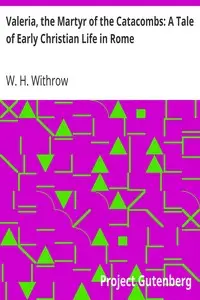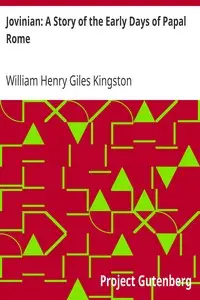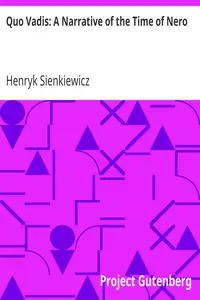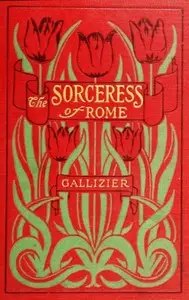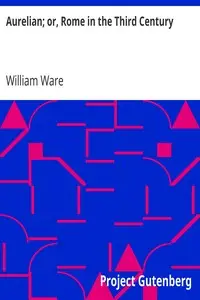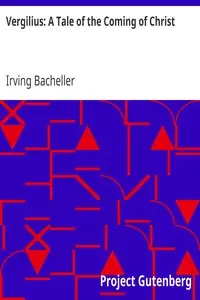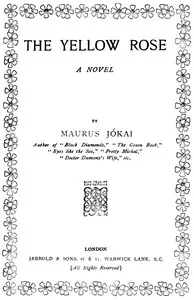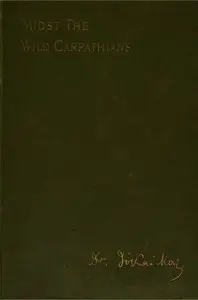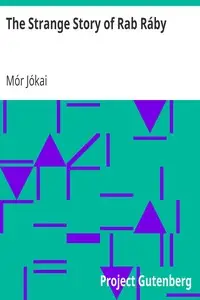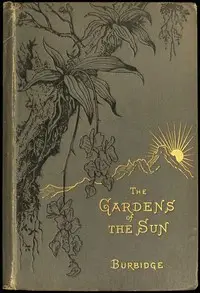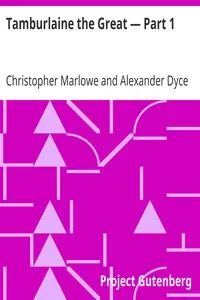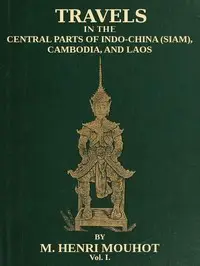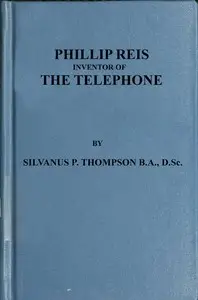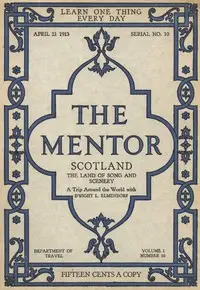"A Christian But a Roman" by Mór Jókai is a historical novel that plunges into the heart of ancient Rome, during the reign of the Caesars, where a quiet clash unfolds between the rising Christian faith and the entrenched world of Roman paganism. The story follows characters like the kind Sophronia and the honorable soldier Manlius Sinister, as they navigate the complex moral challenges of their time. The novel starts by introducing Senator Mesembrius Vio and his daughters, Glyceria and Sophronia, revealing the family's delicate balance of secrets, especially the senator's hidden acceptance of Sophronia’s Christian beliefs, despite Glyceria’s scandalous behavior. As Manlius Sinister falls in love with Sophronia, a deep conflict arises because of the dangerous society and the ongoing threat from Glyceria’s past. The book shows a compelling conflict of love, faithfulness, and commitment as the empire starts to fall apart, shown through detailed conversations and beautiful descriptions
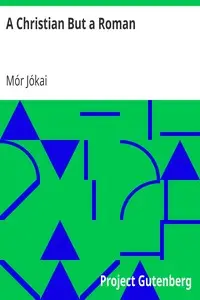
A Christian But a Roman
By Mór Jókai
Amidst crumbling Roman power, a tale of forbidden love and spiritual awakening emerges, entangling a noble soldier with a devout Christian woman whose faith could cost them everything.
Genres
Released
2010-04-10
Formats
epub3 (images)
epub
epub (images)
mobi (images)
mobi
txt
Free Download
Summary
About the AuthorMóricz Jókay of Ásva, known as Mór Jókai, was a Hungarian novelist, dramatist and revolutionary. Outside of Hungary, he was also known as Maurice Jókai or Maurus Jokai or Mauritius Jókai. He was a leader of the outbreak of the Hungarian Revolution of 1848 in Pest. His romantic novels became widely popular among the elite of Victorian England, where he was often compared to Charles Dickens by the press. One of his most famous admirers was Queen Victoria herself.
Móricz Jókay of Ásva, known as Mór Jókai, was a Hungarian novelist, dramatist and revolutionary. Outside of Hungary, he was also known as Maurice Jókai or Maurus Jokai or Mauritius Jókai. He was a leader of the outbreak of the Hungarian Revolution of 1848 in Pest. His romantic novels became widely popular among the elite of Victorian England, where he was often compared to Charles Dickens by the press. One of his most famous admirers was Queen Victoria herself.
Total Reviews
10.0k
Total reviews from Goodreads may change


